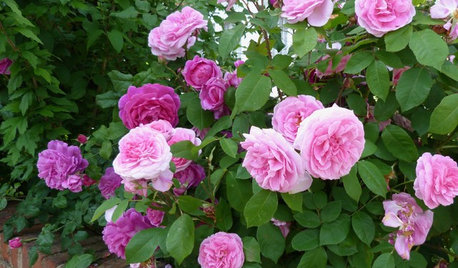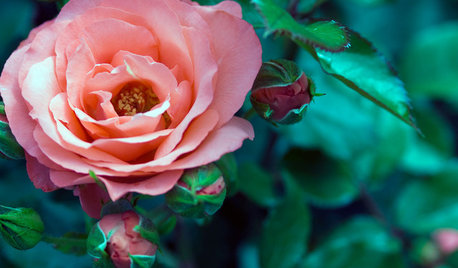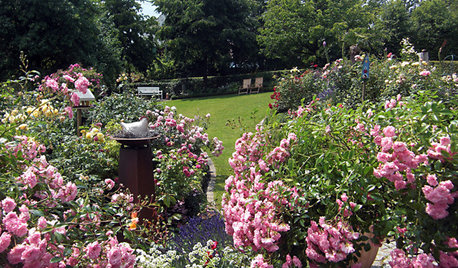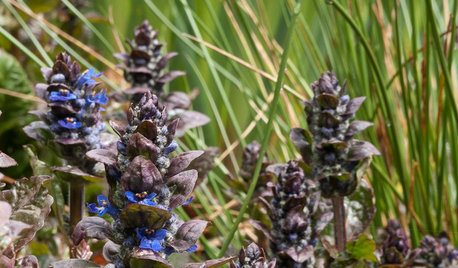New rose rosette newspaper article
henry_kuska
11 years ago
Featured Answer
Sort by:Oldest
Comments (19)
dan_keil_cr Keil
11 years agosammy zone 7 Tulsa
11 years agoRelated Professionals
Ballwin Landscape Architects & Landscape Designers · New Mexico Landscape Architects & Landscape Designers · Mount Wilson Landscape Architects & Landscape Designers · Dallas Landscape Contractors · Hayward Landscape Contractors · Homewood Landscape Contractors · Indio Landscape Contractors · Inglewood Landscape Contractors · Kerman Landscape Contractors · Madera Landscape Contractors · McLean Landscape Contractors · Mount Kisco Landscape Contractors · Peachtree City Landscape Contractors · Casselberry Landscape Contractors · Shafter Landscape Contractorsbuford
11 years agohenry_kuska
11 years agosammy zone 7 Tulsa
11 years agosandandsun
11 years agosandandsun
11 years agobuford
11 years agosammy zone 7 Tulsa
11 years agobuford
11 years agosandandsun
11 years agohenry_kuska
11 years agohenry_kuska
11 years agosandandsun
11 years agolucillle
11 years agolola-lemon
11 years agolucillle
11 years agolola-lemon
11 years ago
Related Stories

GARDENING GUIDESWhat Kind of Roses Should You Grow?
Want to add the beauty of roses to your garden? Find out which ones, from old-fashioned to modern, are right for you
Full Story
GARDENING GUIDESLearn the Secret to Bigger and Better Roses
Grow beautiful roses using both ordinary and unusual soil amendments
Full Story
GARDENING GUIDES5 Sweet to Spirited Pink Roses for an Enchanting Garden
Whether you go demure or daring, there's a pink rose here to make you flush with garden pride
Full Story
WINTER GARDENINGPruning Secrets for Exquisite Roses
Encourage gorgeous blooms year after year with this time-tested advice on how to prune your rosebush in winter for health and shape
Full Story
HOUZZ TV FAVORITESHouzz TV: See How Early Settlers Lived in This Restored Pilgrim House
Passionate restoration and preservation efforts give a 1665 home an honored place in the present
Full Story
GARDENING GUIDESGreat Design Plant: Bugle Weed, a Quick Ground Cover
It’s highly adaptable, suppresses weeds, reduces erosion and provide weeks of bright flowers. Just watch for invasiveness
Full Story
GREEN BUILDINGHouzz Tour: Off-the-Grid Island Home Circles a Sunny Courtyard
A circular home is a cozy spot for gardening, woodworking and plenty of reading
Full Story
GARDENING GUIDESNew Ways to Think About All That Mulch in the Garden
Before you go making a mountain out of a mulch hill, learn the facts about what your plants and soil really want
Full Story
FURNITUREMeet the Quick-Change Artists of Interior Design
Are you missing a great little stool, ottoman or bench? Just look at the ways they can adapt to what you need now
Full Story
HOUZZ TOURSMy Houzz: Hard Work Pays Off in a DIY Cottage Renovation
First-time homeowners roll up their sleeves and give their midcentury Montreal home an infusion of style and personality
Full Story







sandandsun